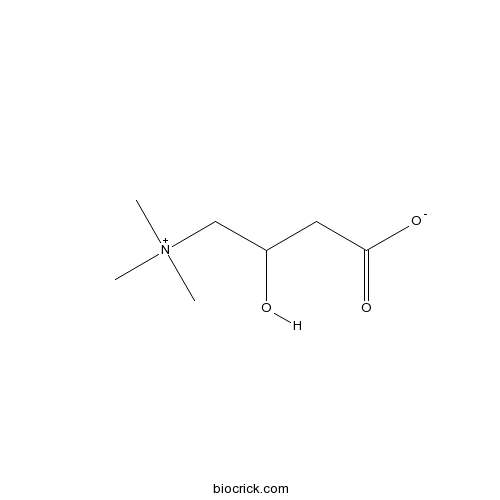Products for Miscellaneous
-
BCN6263
Aristolochic acid B
Aristolochic acid B is one of the major components of Aristolochic acids (AA) which are natural products derived from taxa in the Aristolochiaceae. Aristolochic acid is known to be a potent mutagen and carcinogen. Aristolochic acid B showes more carcinogenic risk than Aristolochic acid A in vivo.(CAS NO.:475-80-9)
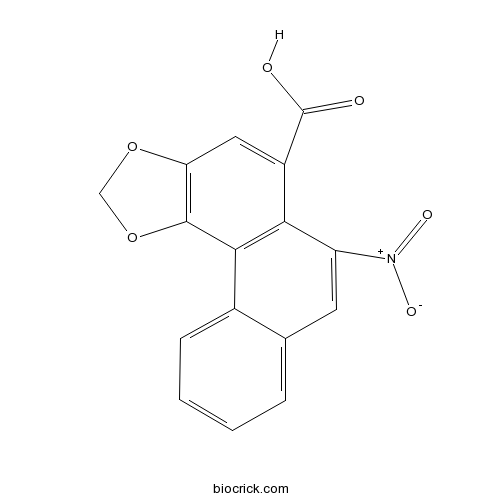
-
BCN2385
Indirubin
Indirubin (Couroupitine B) is a purple 3,2- bisindole and a stable isomer of indigo isolated from Indigo naturalis (Apiaceae); anti-inflammatory and anticancer activities.(CAS NO.:479-41-4)
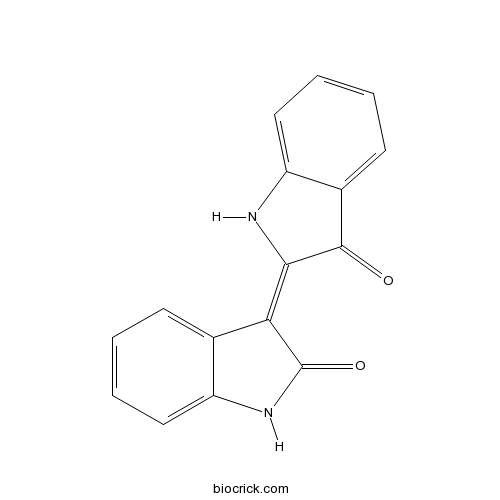
-
BCN7827
Cheilanthifoline
Botanical source: The rhizomes of Sinomenium acutum.(CAS NO.:483-44-3)
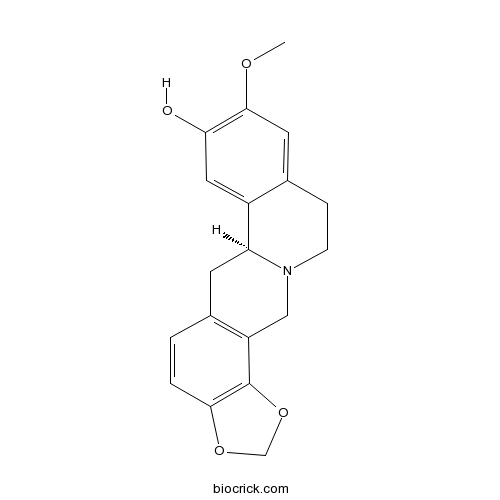
-
BCN5593
Allitol
Allitol is a rare natural polyol that can be used as a sweetener. Allitol is an important intermediate for the preparation of the agents which against diabetes, cancer, and viral infections, including AIDS.(CAS NO.:488-44-8)
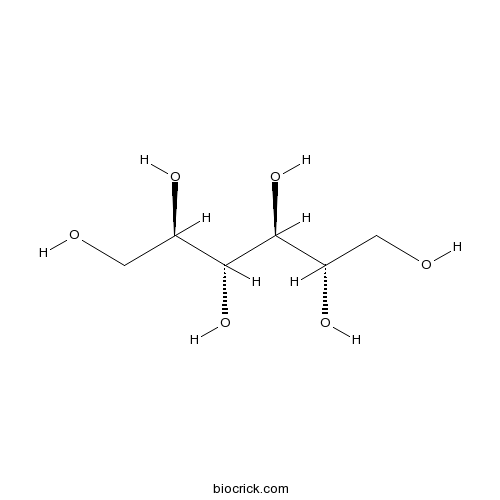
-
BCN5594
vibo-Quercitol
Botanical source: The herb of Itea yunnanensis Franch.(CAS NO.:488-76-6)
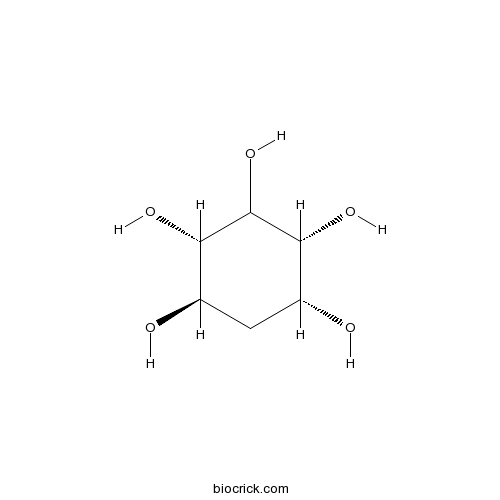
-
BCN5595
D-arabinitol
D-Arabitol is a polyol and its accumulation may cause a neurotoxic effect in human.(CAS NO.:488-82-4)
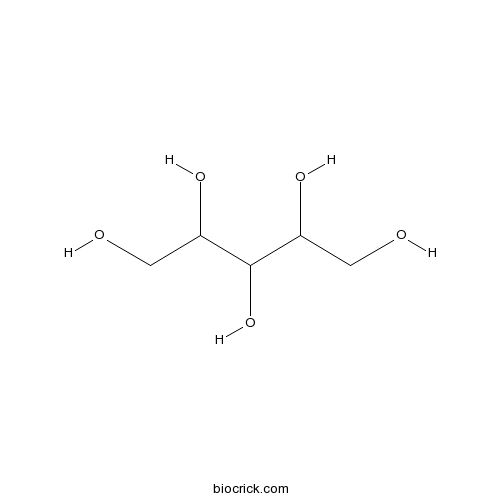
-
BCN3832
Vanillyl alcohol
Vanillyl alcohol (p-(Hydroxymethyl)guaiacol), derived from vanillin, is a phenolic alcohol and is used as a flavoring agent in foods and beverages.(CAS NO.:498-00-0)
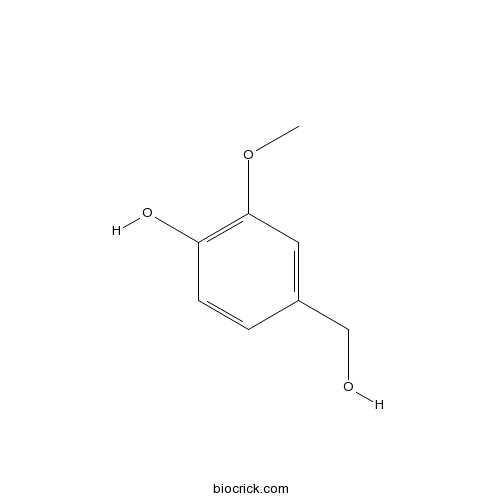
-
BCN2208
Ergocalciferol
Ifenprodil tartrate is a typical noncompetitive NMDA receptor antagonist. Ifenprodil tartrate exerts high affinity at NR1A/NR2B receptors (IC50=0.34 μM) over 400-fold than at NR1A/NR2A receptors (IC50=146 μM). Ifenprodil tartrate inhibits GIRK (Kir3), reduces inward currents through the basal GIRK activity. Ifenprodil tartrate has the potential to be a cerebral vasodilator.(CAS NO.:50-14-6)
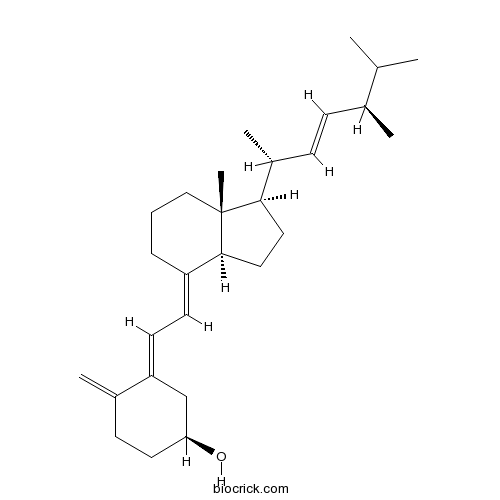
-
BCN2207
Ascorbic acid
PROTAC EED degrader-1 is a PROTAC targeting EED with a pKD of 9.02. PROTAC EED degrader-1 is a polycomb repressive complex 2 (PRC2) inhibitor (pIC50=8.17) targeting the EED subunit.(CAS NO.:50-81-7)
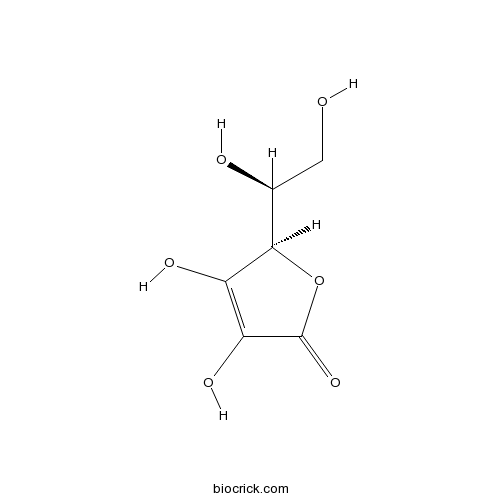
-
BCN1259
D-(+)-Glucose
Dextrose, a simple sugar (monosaccharide), is an important carbohydrate in biology.(CAS NO.:50-99-7)
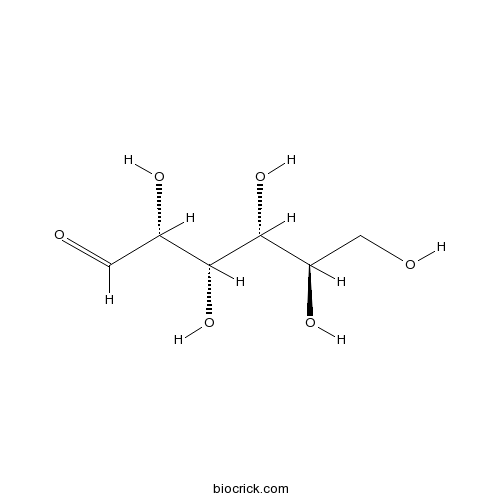
-
BCN6543
Kojic acid
Kojic acid is a natural substance produced by Aspergillus oryzae, also used as an anti-oxidant and radio-protective agent.(CAS NO.:501-30-4)
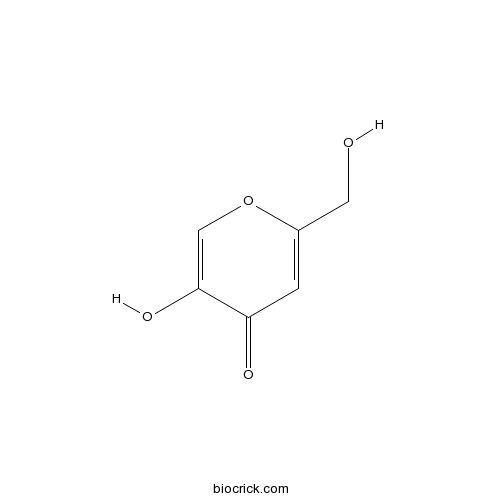
-
BCN5410
Lycopene
Lycopene is naturally occurring carotenoids found in tomato, tomato products, and in other red fruits and vegetables; exhibits antioxidant effects.(CAS NO.:502-65-8)
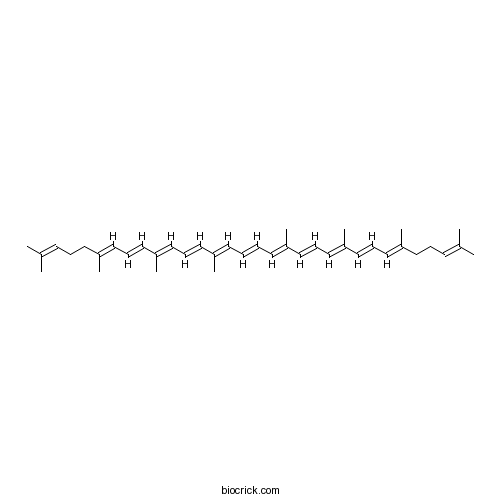
-
BCN3822
Cyclopentadecanone
Botanical source: The male civet cat(CAS NO.:502-72-7)
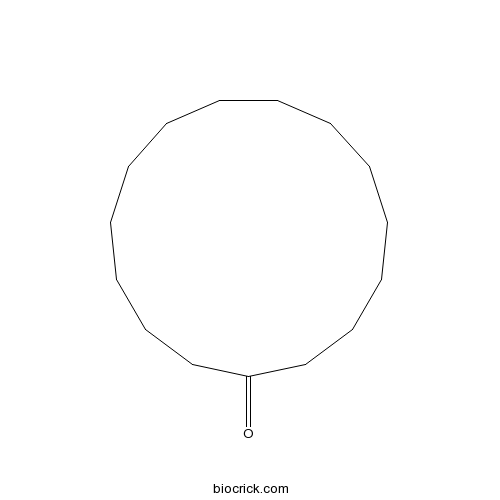
-
BCN2431
Cyclo(Phe-Gly)
Botanical source: The Pantoea agglomerans(CAS NO.:5037-75-2)
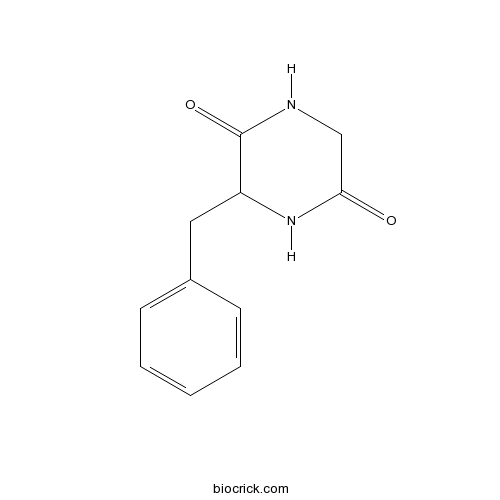
-
BCN2215
Arachidonic acid
Arachidonic acid is an essential fatty acid and a major constituent of biomembranes.(CAS NO.:506-32-1)
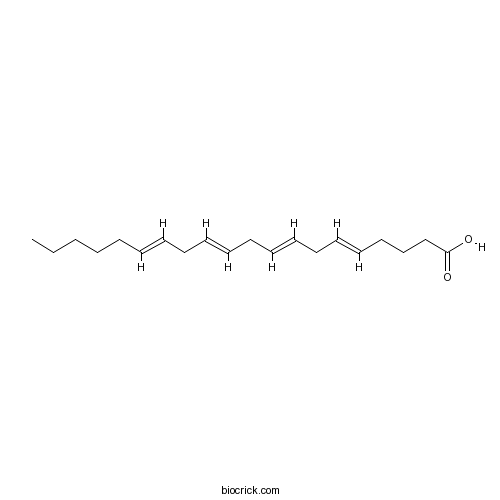
-
BCN8374
Nervonic acid
Nervonic acid is a monounsaturated fatty acid important in the biosynthesis of myelin.(CAS NO.:506-37-6)
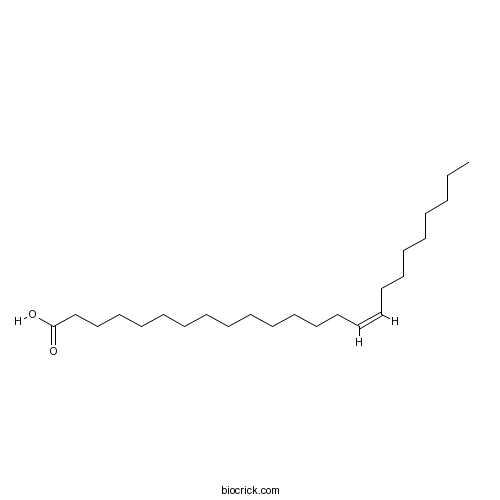
-
BCN5395
Octacosanoic Acid
Botanical source: The wood of Vitex divaricata(CAS NO.:506-48-9)
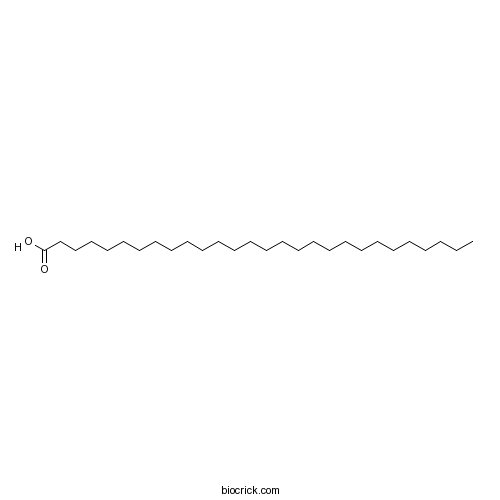
-
BCN2423
Cyclo(Tyr-Phe)
Botanical source: The Brevibacillus borstelensis(CAS NO.:5147-17-1)
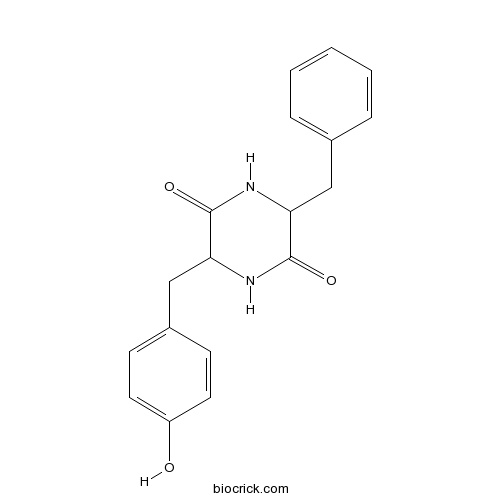
-
BCN5644
Rengynic acid
Botanical source: The fruits of Forsythia suspensa(CAS NO.:517883-38-4)
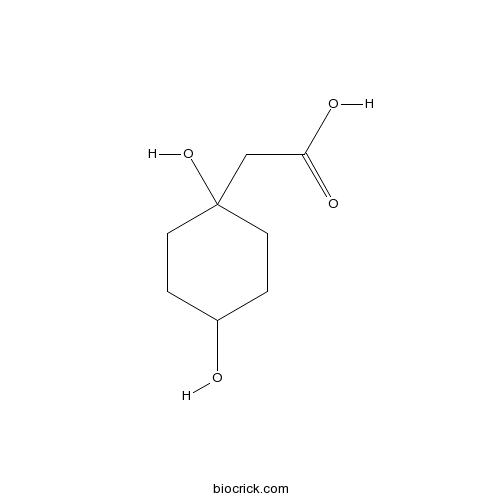
-
BCN6546
Vulpic acid
Botanical source: The lichen metabolites.(CAS NO.:521-52-8)
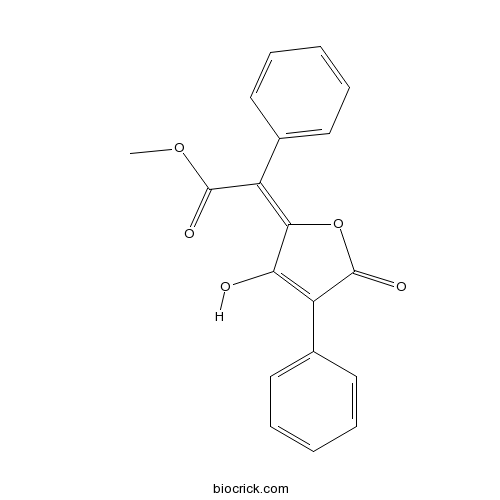
-
BCN5683
Conduritol A
Botanical source: The barks of Marsdenia condurango(CAS NO.:526-87-4)
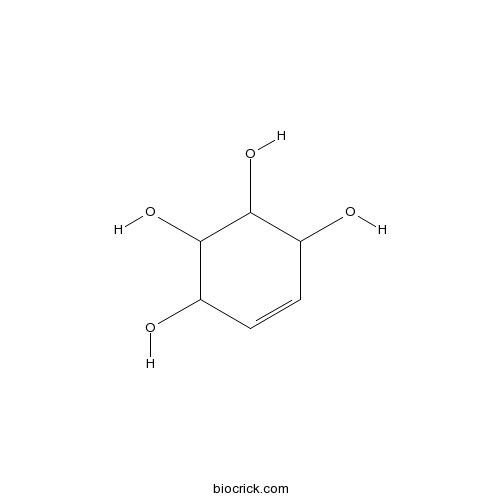
-
BCN3074
Isomorellic acid
Botanical source: The herbs of Garcinia hanburyi Hook. f.(CAS NO.:5262-69-1)
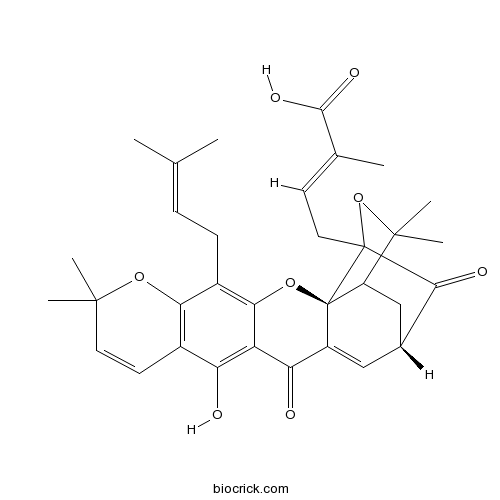
-
BCN3073
Morellic acid
Morellic acid is isolated from Garcinia Morella with an antiangiogenic activity.(CAS NO.:5304-71-2)
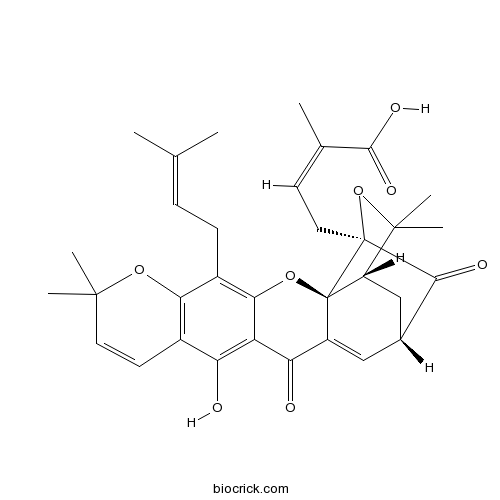
-
BCN2347
Allicin
Allicin (diallyl thiosulfinate) is isolated from garlic including Diallyl monosulfide, Diallyl disulfide, Diallyl trisulfide, Diallyl tetrasulfide, and Methyl allyl disulphide etc. They accounts for 98% of the extract. Allicin (diallyl thiosulfinate) has highly potent antimicrobial activity, and inhibits growth of a variety of microorganisms, among them antibiotic-resistant strains.(CAS NO.:539-86-6)
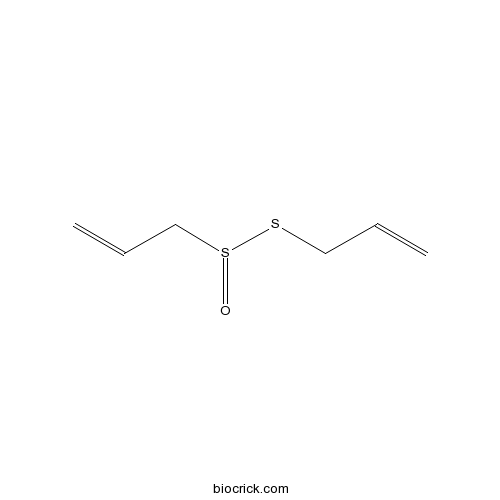
-
BCN1229
L-Carnitine inner salt
L-carnitine (Levocarnitine) is constituent of striated muscle and liver.(CAS NO.:541-15-1)
